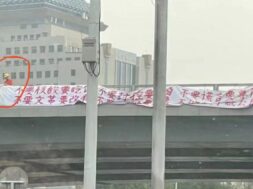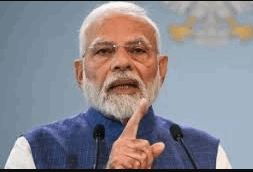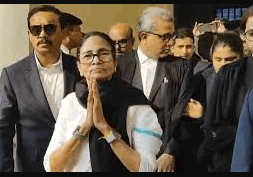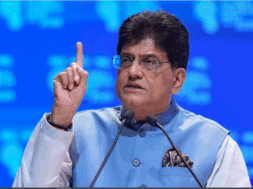
CCP’s 20th National Congress: Posters against “traitor” Xi Jinping surface in China
Virendra Pandit
New Delhi: As the People’s Republic of China (PRC) braces for its ruling party’s 20th National Congress from October 16-18 to green-signal President Xi Jinping’s third five-year term, posters against him appeared mysteriously overnight in the national capital of Beijing.
Xi Jinping is not only the President but also the General Secretary of the ruling Chinese Communist Party (CCP) and Chairperson of the Central Military Commission (CMC), thus centralizing all political, military, and administrative powers in his hands.
In September-end, unsubstantiated but widespread rumors about his removal from power had gone viral across the globe.
“No to a great leader, yes to vote,” the banner hung up on Thursday in Beijing criticizing the Communist leadership read, according to the media reports on Friday.
In what is a rare occurrence in an authoritarian state in the vice-like grip of the CCP since 1949, the people are not only protesting against its dictatorship but also Xi Jinping’s rigid zero-Covid policy.
Two large banners unfurled on the Sutong Bridge in Beijing called for the removal of Xi Jinping from his high offices just two days before being reappointed for a third term on Sunday, October 16. With this, he may become China’s President-for-Life.
The banner read, “Say no to Covid’s test, yes to food. No to lockdown, yes to freedom. No to lies, yes to dignity. No to the cultural revolution, yes to reform. No to the great leader, yes to vote. Don’t be a slave, be a citizen.”
This year, as most of the world reopened after the pandemic, millions of people have been locked down throughout China because of the Zero-Covid policy and the world’s second-largest economy has slipped into recession.
Another banner, hung on the flyover, read, “Go on strike, remove the dictator and national traitor Xi Jinping.” Images showed two protest banners on a bridge in the city’s northwest. One read “We want reform. We want votes.”
Protesting against Xi’s authoritarian rule, several photos and videos of the banners have become viral on social media. The banners created a frenzy among Chinese people.
After reports of banners being hung in Beijing criticizing the Communist leadership surfaced, media censor officials quickly quashed the news. Police denied anything unusual had happened in the area.
While the pictures and videos spread like wildfire on western social media, China removed every trace of the images from Chinese social media handles.
Some of the Chinese Twitter accounts were even taken down temporarily.
Xi came to power in 2012 and is set to get a third five-year term as party leader at the end of the Congress.













